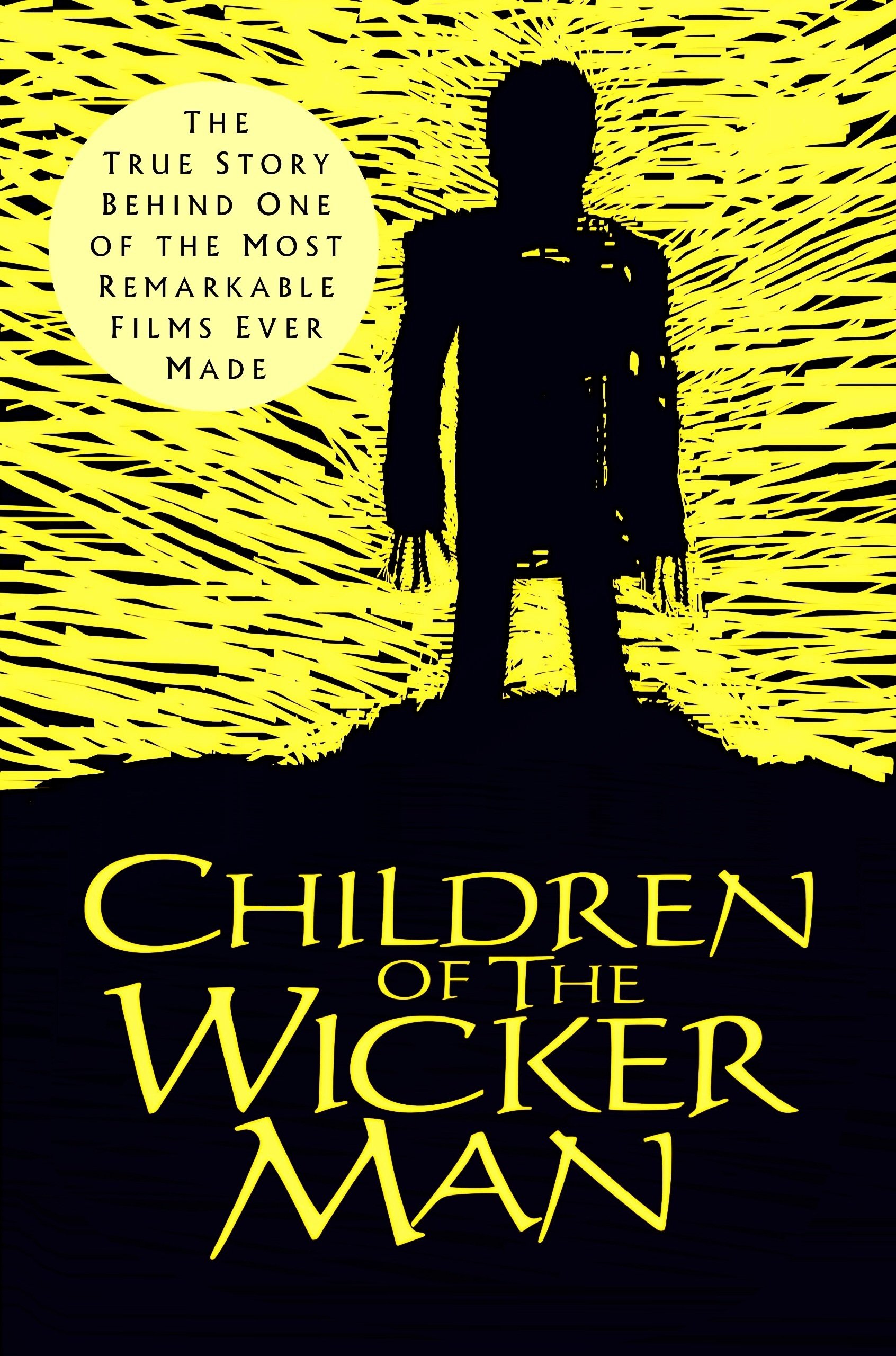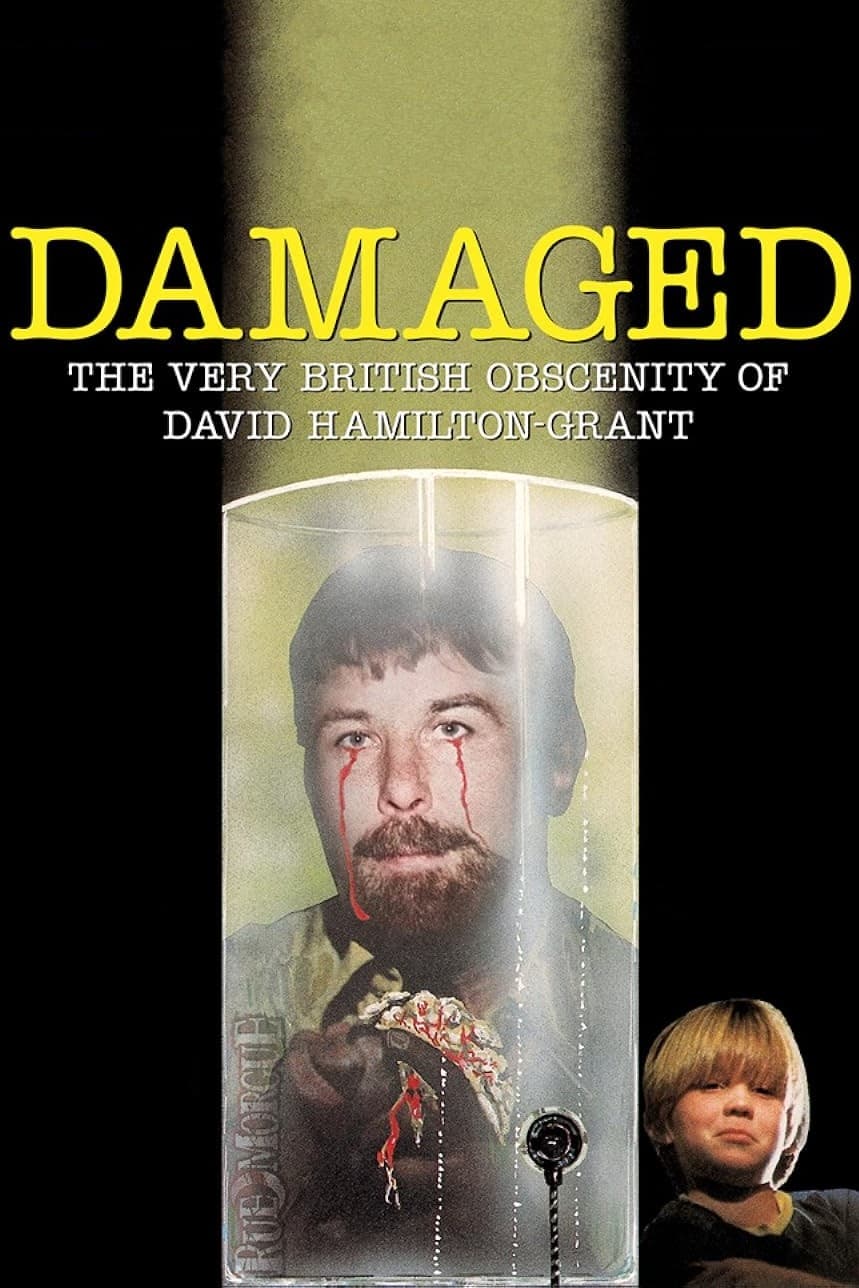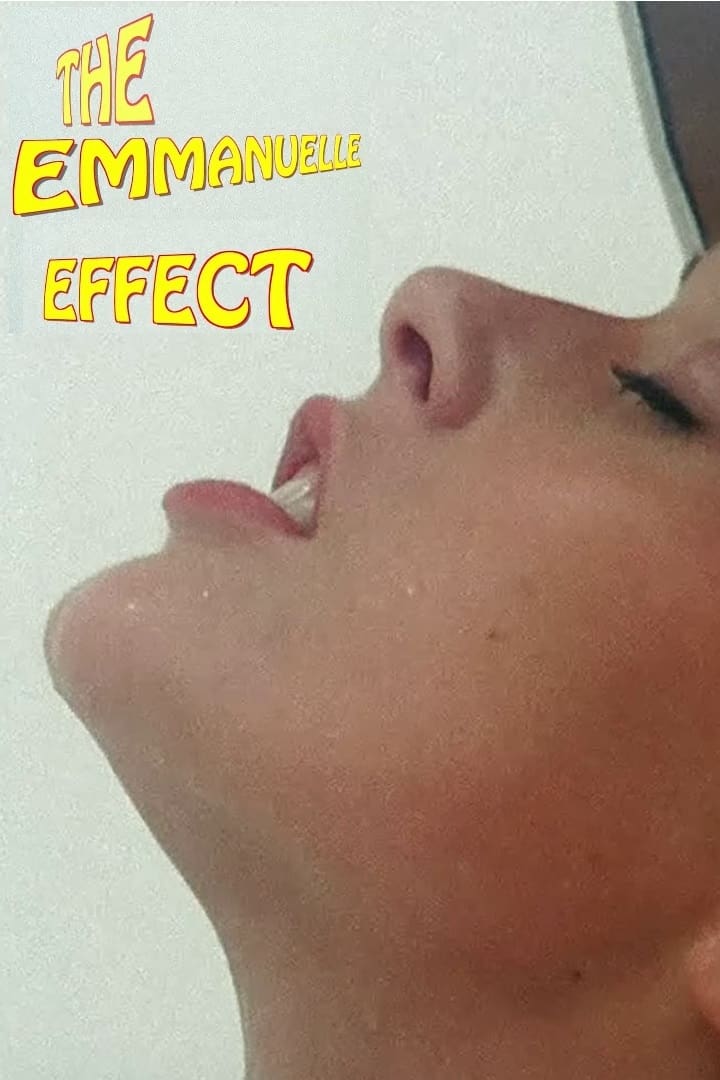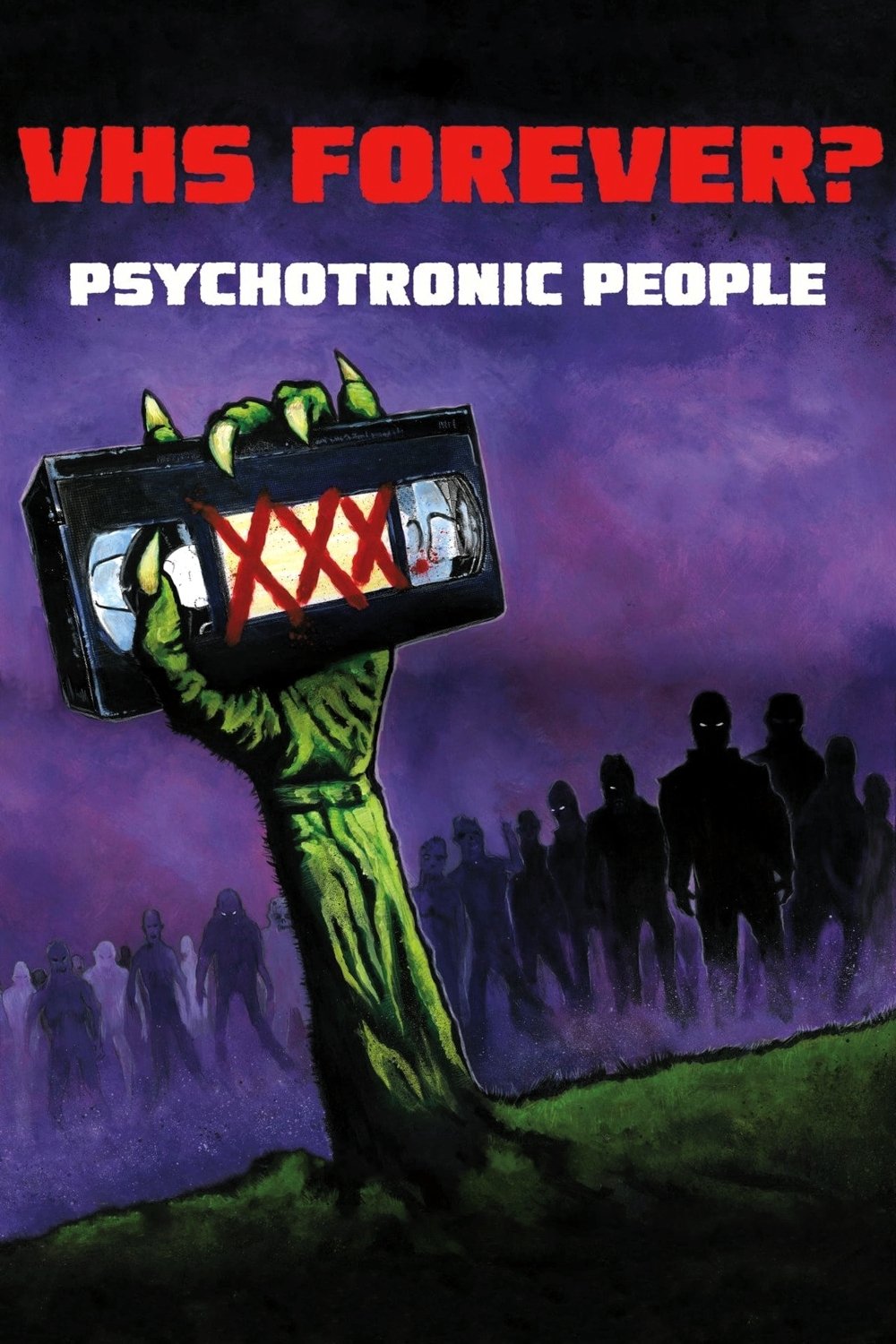

David McGillivray has contributed to radio, TV, films and theatre, began as a film journalist and bit player. His stints as a contributor to the magazine "Films and Filming" and assistant editor of the British Film Institute's "Monthly Film Bulletin" resulted first in him writing screenplays for director Pete Walker and later writing the book "Doing Rude Things". The films were not commercially successful and McGillivray's scripts attracted mostly hostile reviews. He moved to theatre, co-writing lowbrow farces for his own company. During this period he met Julian Clary, who was starting out as a stand-up comic. McGillivray has continued to this day to write for Clary.

Fifty years after The Wicker Man (1973), director Robin Hardy’s...

Explores the salacious career of mysterious British filmmaker and distributor...

The very first feature-length discussion and breakdown of the entire...
FrightFest premiered this never-before-seen documentary HORROR ICON in honour of...

A feature length documentary shot over 9 months taking a...